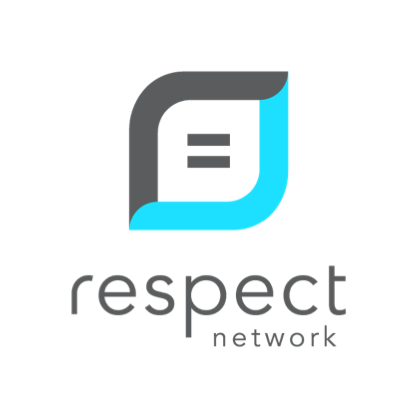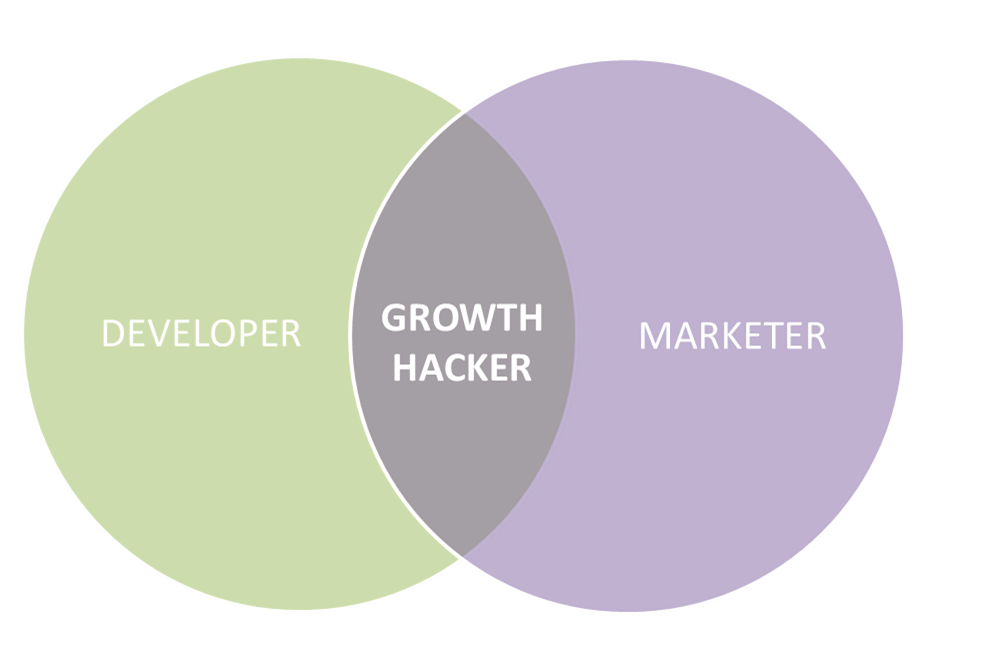
The free services everyone loves to enjoy cost money to produce. Like it or not, web advertising pays for those services; and the more effective those ads are in bringing in business, the more they are worth. That’s why the web-advertising model depends on surveillance. For example, Facebook makes 85 percent of their income off of people’s private information by targeting ads to people based on their individual likes, dislikes, and plans. Google makes 10 times that much money by collecting information about people through scanning Gmails and Google searches.
Facebook knows you better than your spouse
In December of 2014, researchers from the University of Cambridge and Stanford University released a study indicating that Facebook may be better at judging people’s personalities than their closest friends, family, and even their spouses. The study compared people’s Facebook “Likes” to their own answers in a personality questionnaire, as well as the answers provided by their friends and family, and found that Facebook outperformed any human, no matter their relation to the subjects.
In the end, the researchers found that with information on just ten Facebook “Likes,” the algorithm was more accurate than the average person’s colleague. With 150 “Likes,” it’s a better judge than people’s families, and with 300 “Likes,” it is more accurate than a person’s spouse.
Facebook begins collecting data about you the moment you sign up for an account. This includes your registration information; anything you add to your account or timeline or share — including your likes and interactions with friends, advertisements and apps; keywords from your posts; and information about the websites and apps you visit. Facebook collects all of the things it “infers from your use of Facebook.” Facebook even tracks your purchases and collects your financial information for every transaction. In other words, if you make an “in-app” purchase using your credit card, Facebook logs your card number and other information, including your authentication information, billing, shipping and contact details.
While you “own all of the content and information you post on Facebook,” you grant Facebook the “non-exclusive, transferable, sub-licensable, royalty-free, worldwide license to use any IP content that you post on or in connection with Facebook.” In other words, you may own it, but Facebook can use it, even sell it, as Facebook sees fit, forever.
Google knows you better than you know yourself.
If Facebook knows you better than your spouse, Google knows you better than you know yourself. Consider the Google services you probably use on a daily basis. There’s search and e-mail; maybe you also use Chrome, Google’s Internet browser, to access the Web. If you have an Android phone, you share your location. If you have a YouTube account, Google not only knows what videos you upload, but which you watch. There’s Google Maps. Google Play. Google Drive. Google Voice, Google Contacts and Chat. And while browsing data is aggregated differently than information from Google services, if you visit sites running Google Ads or Google Analytics software, Google also generally knows what you look at and what you click. According to one report from UC Berkeley’s School of Information, Google can track user behavior on 88 percent of all Internet domains.
Taken as a whole, the information Google collects about users is quite complete. The company can mine your emails and Drive documents, track your browsing history, track the videos you watch on YouTube, obtain your WiFi passwords and much more because you have agreed to a privacy policy that solidifies Google’s rights to use your data.
Even free information isn’t free
Beyond social media, every commercial web site uses advertising to fund its operation. Ad tech is a $121 billion industry and represents 23% of the total spent on advertising each year. As users, we are well aware of the intrusive ads that show up with increasing annoyance on every site and many apps we visit. What we’re not aware of is the invisible economic engine powering our web pages with their cookies and pixel trackers, tracking codes and databases. Even our devices are gathering “fingerprints” that uniquely identify us, all so businesses can get us to buy their products.
According to Cookiepedia, The average web site has 36 cookies attached to it. The breakdown is: 1% are strictly necessary, 2% are for performance, 4% support functionality, 26% are used for ad targeting, 67% are for unknown purposes. Cookies stay with your browser until you clear them. Because few people clear their cookies, the average cookie lives in your browser for 1,819 days.
The main weapon that’s used to protect yourself online, “do not track,” isn’t making you any safer. Do not track does not necessarily mean do not gather data. For the most part it means do not show me targeted ads.
The bottom line is; if the product is free, you’re probably the product.
The Respect Affinity Network is the Respect Network’s answer to the intrusive, surveillance-based advertising networks that dominate the Web today. Rather than spying on consumers to try to guess what they might be interested in, the Respect Affinity Network empowers consumers to own their own interest profile and let the network matching engine determine the best matches among offers from participating business members.

Recent Comments